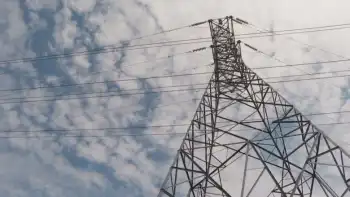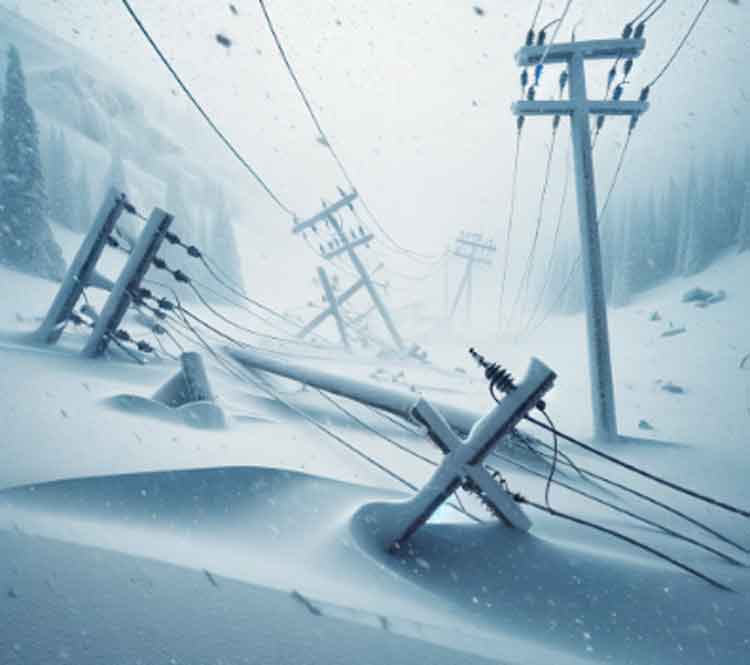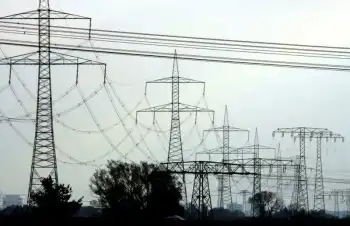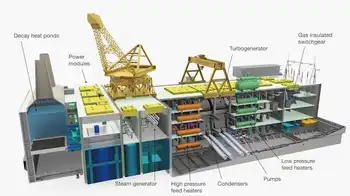Waste industry hunts energy rewards
By Reuters
Substation Relay Protection Training
Our customized live online or in‑person group training can be delivered to your staff at your location.

- Live Online
- 12 hours Instructor-led
- Group Training Available
Governments are sweetening waste-to-energy technologies with incentives, to try and cut carbon emissions, boost domestic renewable energy supplies and dispose of waste more cleanly.
The subsidies are encouraging entrepreneurs to push the boundaries of what is possible, whether to find new uses for established technologies or invent altogether new processes.
Some critics fear a hype which could encourage companies to make claims they may struggle to meet, and subsidies for technologies which could fail.
"I often see organizations getting involved with technologies that they don't properly understand, but they all want to be seen to be doing something and to be working with big people," said Aston University's Tony Bridgwater, who leads a UK project to tease energy from organic matter called biomass.
He was skeptical, for example, of a "plasma gasification" process to make jet fuel from food and other waste, which British Airways and U.S. biofuels company Solena Group aim to use by 2014 in plans announced last month.
"It's never taken off, it's high cost both in capital and in operation," said Bridgwater, of the super-heated process.
The technologies were proven, said Solena CEO Robert Do, but putting the process together to make jet fuel from waste was new. Higher temperatures allowed the process to extract more, cleaner energy and handle more varied types of waste, he added.
Cost is an issue generally for generating energy from waste. A recent outcry by the biomass industry in Britain over subsidy levels highlighted their dependence on support, especially after recession curbed bank debt.
Even a very simple process burning wood to drive a steam turbine is three to four times more expensive per unit of energy than a conventional gas power plant, say experts, although some developers may earn a "gate fee" for disposing of the waste.
"It's a very young industry, there's a lot to do," said Nick Dawber, head of the waste-to-energy division of European sustainable energy company ENER-G. "The stimulation is right, it is incentivizing greater levels of efficiency, but there are a number of technical challenges yet."
One new approach is gasification, traditionally applied to coal, where waste is heated with only little oxygen to produce a high-energy gas containing hydrogen and other chemicals.
That so-called syngas in theory can be cleaned and mixed with natural gas, or else burned in engines rather than used to drive steam turbines, and capture more energy than incineration.
But the technique is not perfected, and instead gasification is often applied to steam turbines. Dawber's ENER-G is operating such a steam cycle gasification plant in Britain.
"In the world we're in today with financing the banks are not going to lend money to technologies which don't have a track record," said Dawber, referring to their proven but potentially less efficient process.
"We can combust the in gas in very controlled circumstances to minimize (chemical) emissions," he added.
Problems with gasification at the small scale have included sticky tars which clogged machines, and at the larger scale variable waste which led to unpredictable results in power production, and especially engines.
"The country is littered with failed gasification projects, the prize is yet to be won," said Tim Jervis at Verus Energy.
"The market over-plays its capabilities."
But Texas-based MaxWest Environmental Systems has sold and road-tested gasifiers which generate heat from poultry litter, which the company says avoids any problems of tarring and plans to use to generate power with micro-turbines.
Britain's New Earth Solutions plans to use gas engines in a new use for another established technology, heating waste without oxygen, or pyrolysis, long employed to make charcoal.
"We're dealing with novel technologies which have yet to get hours on the clock," added Chris Cox, managing director.
British waste company Biossence plans to use a gas engine at a large waste management site in London, using "advanced gasification" which it says is "at the edge of being proven."
As well generating heat and power, waste could be used to produce liquid transport fuels. Aston University's Bridgwater sees prospects for converting bio-oils made from gasifying waste or wood into hydrocarbons indistinguishable from gasoline.
"The great advantage is you're making a product which is completely compatible with conventional fuels," he said. Biofuels, by contrast, are made of ethanol which only functions in certain blends in unconverted car engines.
But the process was "not less than six and probably nearer eight years" away from significant deployment, he added.
Producing liquid road fuels from waste may also pose advantages over biofuels which compete for land with food or forests because they are obtained from crops, wood or grass.











